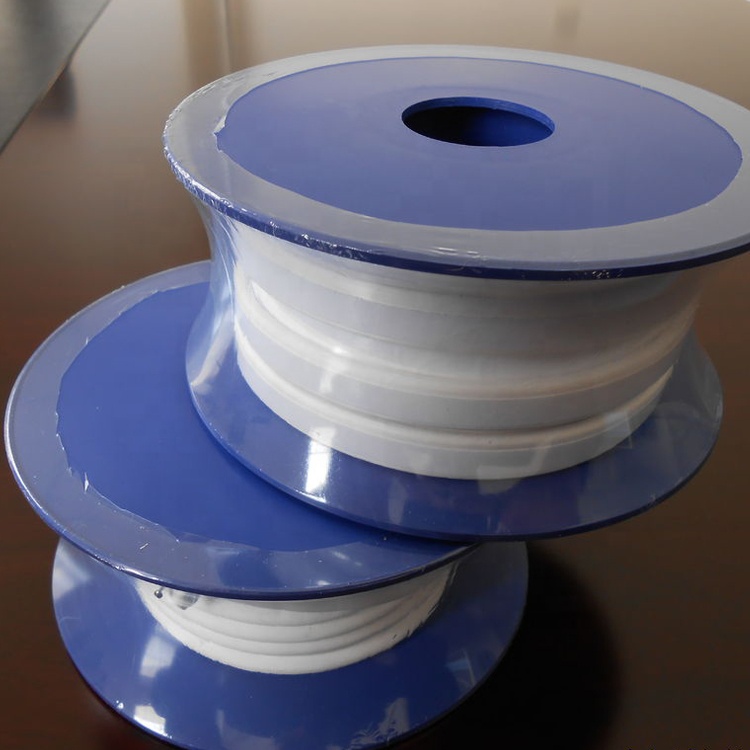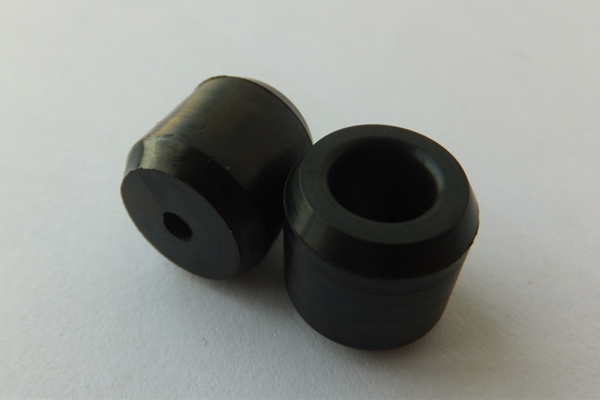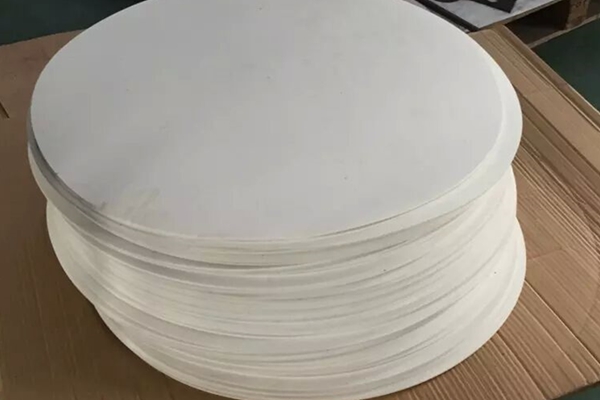Alloy is a type of metal material. An alloy is a metal that is made by combining two or more metallic elements, or by adding other non-metallic elements to a metal base through techniques such as melting, mechanical alloying, or sintering.
Metal material refers to materials that have properties such as ductility, luster, and easy conductivity. Alloy is formed by adding two or more metallic elements or adding other non-metallic elements to a metal base through processes such as alloying, melting, mechanical alloying, sintering, gas phase deposition, etc., and becomes a metal material with metallic characteristics. Therefore, the alloy is a type of metal material.
The formation of alloys often improves the properties of the individual elements. For example, the strength of steel is greater than its main constituent element iron. The physical properties of alloys, such as density, reactivity, Young’s modulus, electrical conductivity, and thermal conductivity, may have similarities with the constituent elements of the alloy, but the tensile and shear strengths of alloys are usually very different from the properties of the constituent elements. This is because the atomic arrangement in alloys is significantly different from that in pure elements. A small amount of a certain element may have a significant impact on the properties of the alloy. For example, impurities in ferromagnetic alloys can change the properties of the alloy.
Unlike pure metals, most alloys do not have a fixed melting point. When the temperature is within the melting temperature range, the mixture exists in a solid-liquid coexistence state. Therefore, it can be said that the melting point of an alloy is lower than that of the constituent metals.
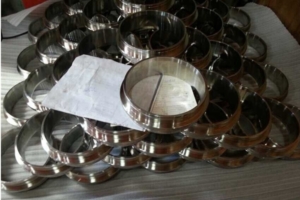
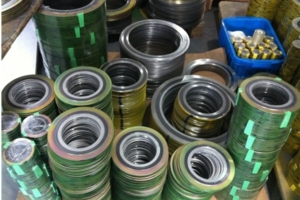
Metal gaskets are essential components used in various industries to create a reliable seal between two mating flanges surfaces. These gaskets are designed to withstand high temperatures, pressure, and aggressive chemical environments. Commonly used alloy metal materials in metal gaskets include:
- Hastelloy B-2: Composition: 26-30% molybdenum, 62% nickel, and 4-6% iron Characteristics: Hastelloy B-2 exhibits outstanding resistance to concentrated hydrochloric acid at elevated temperatures and is also highly resistant to wet hydrogen chloride gas, sulfuric acid, phosphoric acid, and reducing salt solutions. It maintains high strength even in high-temperature conditions, with a Brinell hardness of approximately 230.
- Hastelloy C-276: Composition: 16-18% molybdenum, 13-17.5% chromium, 3.7-5.3% tungsten, 4.5-7% iron, and the rest nickel Characteristics: Hastelloy C-276 is known for its excellent corrosion resistance. It performs exceptionally well against cold nitric acid and boiling nitric acid with concentrations up to 70%. It also offers good resistance to hydrochloric and sulfuric acid corrosion and has superior stress corrosion cracking resistance. The Brinell hardness is approximately 210.
- Inconel 600/625/800/825: Composition: Nickel, chromium, and iron Characteristics: Inconel alloys are widely used in high-temperature applications due to their high strength. They are commonly used in equipment where stress corrosion resistance is necessary. Additionally, Inconel alloys demonstrate excellent machinability at low temperatures, with a Brinell hardness of approximately 150.
- Monel 400: Composition: Copper and nickel Characteristics: Monel 400 offers excellent corrosion resistance to most acids and alkalis, except strong oxidizing acids. However, it is not suitable for use in hydrofluoric acid, mercury chloride, and mercury media, as it may lead to stress corrosion cracking. Monel 400 is widely used in the manufacturing of equipment for handling hydrofluoric acid. The Brinell hardness is approximately 120.
- Titanium: Characteristics: Titanium is known for its outstanding corrosion resistance at high temperatures. It is particularly resistant to chloride ion corrosion and has excellent resistance to nitric acid within a wide range of temperatures and concentrations. Titanium is often chosen for applications in oxidative environments. The Brinell hardness is approximately 216.
These alloy metal materials commonly used in metal gaskets share some common characteristics:
- Excellent resistance to stress corrosion cracking.
- Good resistance to pitting and crevice corrosion.
- Outstanding oxidative and non-oxidative thermal acid resistance.
- Retain good mechanical properties at high temperatures.
The selection of the appropriate alloy metal material depends on the specific application requirements, working conditions, and compatibility with the media being handled.


